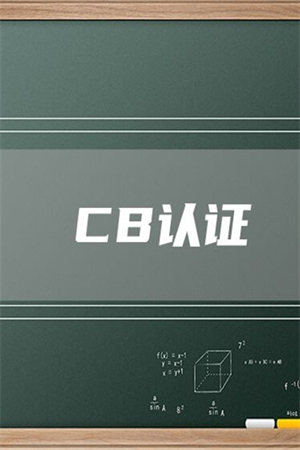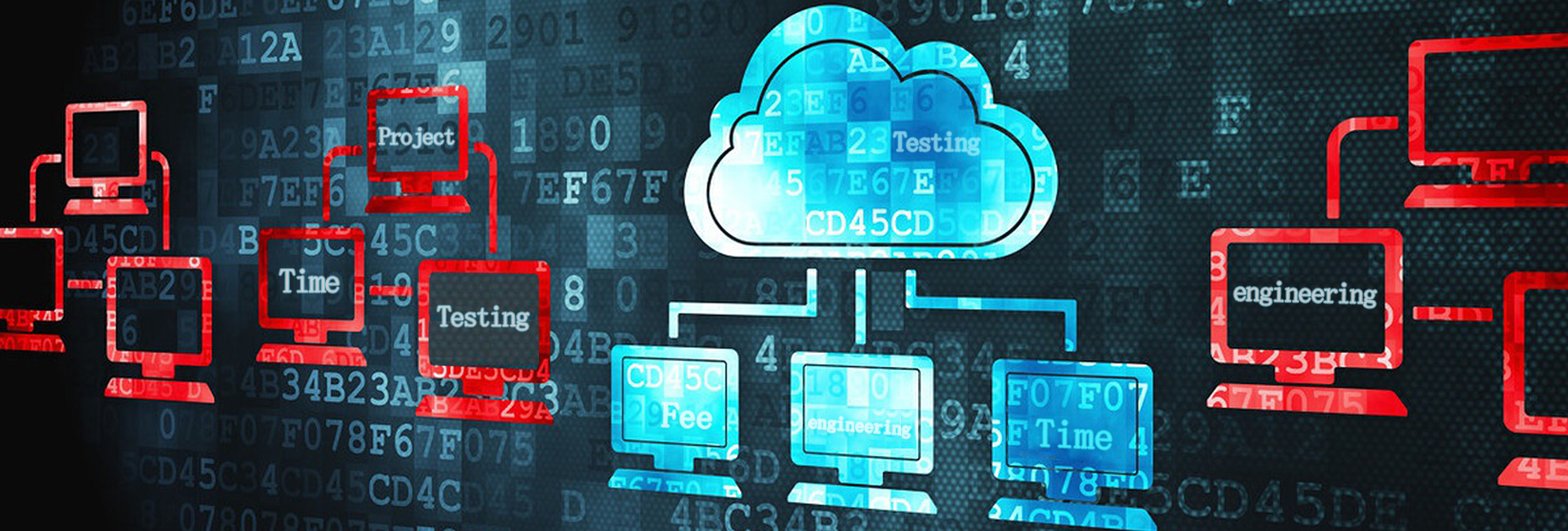Battery IECEN 62133

The IECEN 62133 standard is mainly aimed at the safety requirements of single batteries and batteries containing alkaline or non-acid electrolytes and portable sealed single batteries and batteries (including lithium batteries, Ni-MH batteries, Ni-CD batteries, etc.). It mainly includes the testing and verification of the following items:
Battery (cell): continuous low-speed charging, vibration, temperature cycle, external short circuit, free fall, shock (collision), thermal misuse (thermal shock), extrusion, low air pressure, overcharging, forced discharge, high rate charging protection function (lithium system), marking and packaging, incorrect installation (nickel system).
Battery: vibration, shell stress at high temperature, temperature cycle, external short circuit, free drop, impact (collision), marking and packaging, overcharging (nickel system).
Most of these tests and verification items are common routine test items, but some items still deserve attention and attention:
A、13 KN extrusion. The test object of this project is the cell, although it is a common conventional project, but because of its clear requirements, the square cell needs to be squeezed long and short axial direction, that is, the length and width of the cell. According to the test experience, the polymer flexible packaging cell in the extrusion width axis (side), sometimes combustion or explosion and other unqualified phenomenon appears. Therefore, for the polymer flexible packaging cells, it is suggested to focus on this project.
B、Keep charging at a low rate. The test object of this project is the battery. The standard stipulates that the fully charged cell will be charged continuously for 28 days in accordance with the charging mode prescribed by the manufacturer. This project is not common in other safety standards. in view of the fact that the charging methods prescribed by battery manufacturers are basically constant current and constant voltage charging, this requires manufacturers to fully consider the requirements and restrictions on charging current and even the cut-off voltage at full charge. if necessary, the endurance of charging should be taken into account in the design of the battery.
Recommended items
-

Deeplight | Quickly use CB certification to apply for Japan Diamond PSE certification
Deeplight | Quickly use CB certification to apply for Japan Diamond PSE certificationView more -

Which products require not only Japanese Telec certification but also JATE certification
Some products only need to apply for Japanese Telec certification, and some products not only need to apply for Telec certification, but also need to apply for JATE certification (also known as T certification, Electricity and Communications Law, Japan Telecom Law, Japan TBL certification, Telecommunications business law certification). It should be noted that both Telec cert...View more -

Annual fee and listing fee for Zigbee Alliance Certification
Certification indicates interoperability with the corresponding certified product. Certified Zigbee Alliance members gain many valuable advantages from certified products.View more -

Deeplight Technology Specific Absorption Rate testing service
The electromagnetic radiation issue of wireless products such as mobile phones has always been a closely watched issue for the public. What is the measure of the magnitude of this radiation? There is a term called SAR here, which is called Specific Absorption Rate in English and commonly referred to as electromagnetic wave absorption ratio or specific absorption rate in Chinese. It is ...View more




